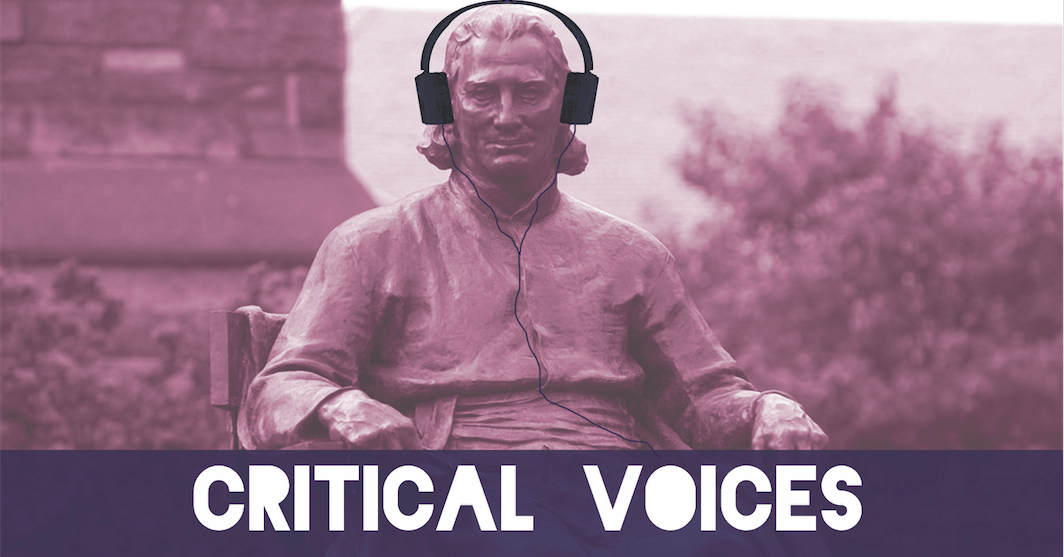The world’s favorite sledgehammer licker, Miley Cyrus, has returned with the release of her latest album, Younger Now. After a few years of reshaping her identity and scarring the world’s collective eyes in the process, country’s prodigal daughter has returned home. This time around, Miley is trading in her risque lyrics and provocative gyrations for some guitar strumming and sweet melodies. If you found yourself vibing with the R&B sounds of Bangerz or loving the wildness of Miley’s party-girl persona, Younger Now will likely disappoint. In stark contrast to what we have come to expect from her, Younger Now is noticeably devoid of any club anthems or twerk-able tracks.
Throughout the album, Miley definitely tries her hand at dabbling in the “best of both worlds” (wink wink). Many of the songs have both country and pop influences, and Miley traverses the two genres freely throughout Younger Now. The general sound of the album resembles what I would expect from a Californian hippie who has been to one too many county fairs. Although relatively muted by Miley’s popstar flair, the country influences still prove too prevalent to retain any of my musical interest. If country is hardly your genre of choice, you will regularly feel inclined to reach for the sweet release of the skip button. Listeners should expect to find only the occasional mediocre tune, sandwiched within the otherwise lackluster and unmemorable collection. Among the litany of country-inspired tracks, fans will relish in relative reprieve whenever Miley stows away her southern drawl for a song or two.
With her signature raspy, low voice, Miley guides audiences through eleven total songs. Things kick off with the album’s title feature, “Younger Now.” Here Miley addresses the evolution of her identity with phrases like “no one stays the same” and “change is a thing you can count on.” This song is Miley’s blatant attempt to refine her image and to distance herself from past antics. She likely knows that many fans have been driven away by her over-the-top methods of affirming her adulthood. Miley’s portrayal of herself as the rebel who has found the light continues for the remainder of the album.
From that point on, the album alternates between songs that are mildly entertaining to those that are completely bland. Listeners drudge through the likes of “I Would Die For You” and “She’s Not Him.” These are two of the album’s slower and more relaxed songs, perfect for the impromptu nap. The rare upswing in excitement occurs in tunes like “Malibu” and “Thinkin’.” In the less than stellar album, these songs represent two of its saving graces. As two of the album’s more upbeat songs, they could potentially elicit a few toe taps or finger snaps—even if only half-hearted ones.
Younger Now could have gained significant traction in stirring intrigue with an innovative collaboration, but the album fails in that department as well. The record’s sole feature occurs in “Rainbowland,” where Miley sings alongside her godmother, Dolly Parton. Here, listeners can almost imagine Miley and Parton do-si-do-ing through a meadow while singing of an idyllic world where “skies are blue and things are grand.” Despite its beautifully pure message, “Rainbowland” fails to contribute any distinctive spark that the album so desperately needs.
Even in light of Younger Now’s glaring shortcomings, I still expect the album to achieve moderate success. Miley has established a reputation of familiarity over the years, and she still has one of the most recognizable faces and voices in the industry. Her passionately devoted fans will continue supporting her, no matter which facet of her ever-evolving musical identity she is exploring at the time. Therefore, in the probable absence of any chart-toppers, Younger Now’s success will rely heavily on Miley’s established popularity, rather than on any groundbreaking musical abilities she reveals in the album.
Voice’s Choices: “Malibu,” “Thinkin’”






